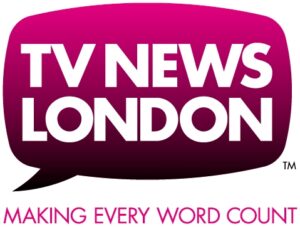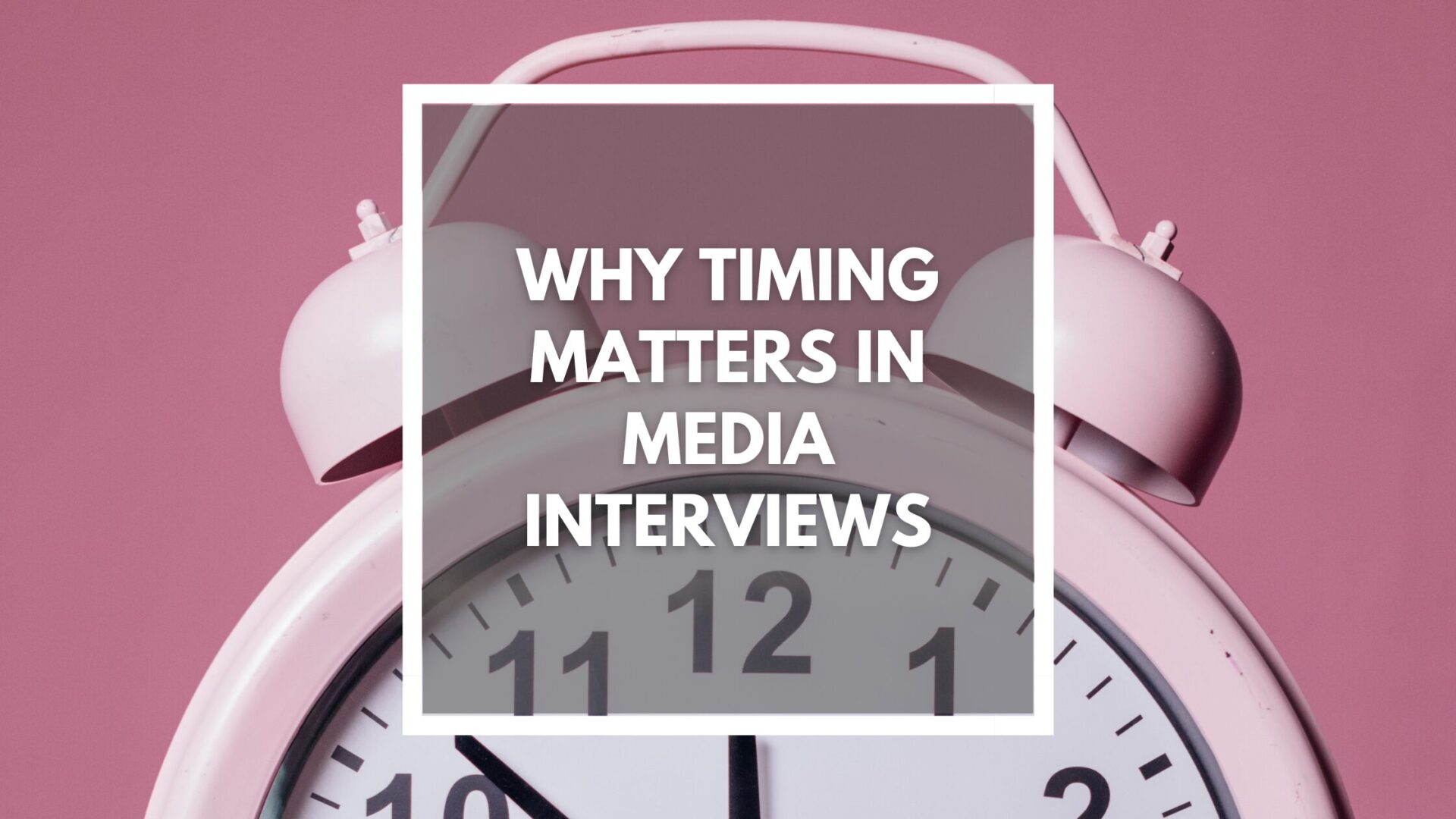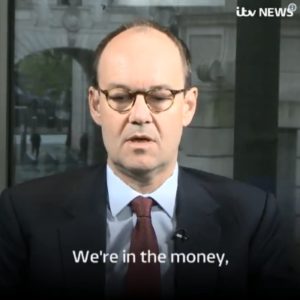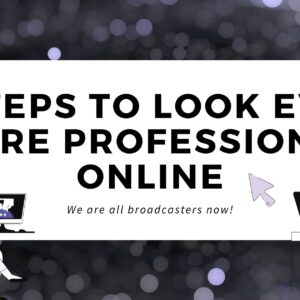By Roz Morris, Managing Director, TV News London Ltd
One of the many questions clients often ask me about giving successful media interviews is how to know what length of answers to give and how to give effective and concise quotes which broadcasters and social media will want to use.
I know from my own experience both as a radio and TV reporter and as a media trainer for many years that many people find it really hard to talk for a specific length of time.
For example, TV news reporters are often looking for a short quote lasting no more than 15 seconds which sums up an interviewee’s main points.
Even when I have explained this to interviewees, some people will talk for a much shorter time, and many more will talk for longer than 15 seconds, some much longer, continuing to make their points for up to a minute.
Don’t speak for too long or too short a time
The problem is that if you only give a very short quote of say 10 seconds, it will get used, but you could have had 15 seconds so you’re missing out. If you speak for too long, the first 15 seconds of your quote will be used and you may only make one clear point instead of the two or three you can make in 15 seconds.
Timing matters in TV News because time is limited. If you’re doing an interview you need to get your main points across in a first statement lasting not longer than a minute.
If you’re being interviewed for inclusion in a news report, the reporter often has only 2 minutes or less to report on your topic and they need you to give them a good solid concise summary of your key messages. You usually get up to 15 seconds of direct quote as part of a news report in which the reporter sets the scene and sums up the topic.
If you watch some news, you can analyse the reports, and you will see this happening all the time.
When you work with me at TV News London, I will give you the techniques for timing statements that broadcasters use, and you can practise speaking for specific times during your media training sessions.
You will also find this useful when timing your presentations and when you’re on a panel for a conference or a webinar and the host invites speakers to give a last comment lasting one minute each.
Then you won’t be caught out as two of the candidates for London Mayor were in the BBC London debate this week.

When the debate chairman, BBC Radio London presenter Eddie Nestor, asked the four main mayoral candidates present to give a final 30 second statement, two of them, Sadiq Khan for Labour, and Rob Blackie from the Liberal Democrats, spoke for just under 30 seconds.
The other two, Susan Hall from the Conservatives, and Zoë Garbett from the Green Party, both overran and were cut off by the chairman after 30 seconds. Not understanding timing meant they both looked a bit less professional than they could have done.
Meanwhile, on a lighter note, another candidate for London mayor, Count Binface, wasn’t invited to appear on the BBC debate, so he has put his own video on YouTube in his own style and of course wearing his binface.
You can watch it here The BBC didn’t invite me to their London Mayor TV debate, so I had my own instead. #countbinface # (youtube.com).




